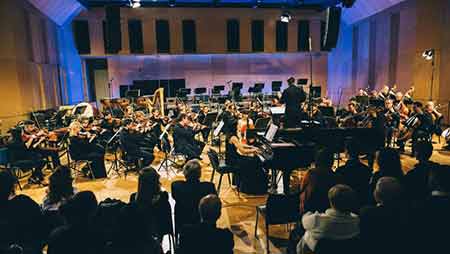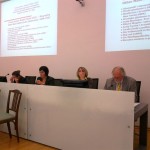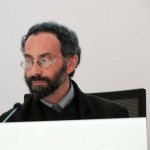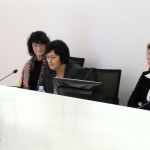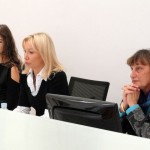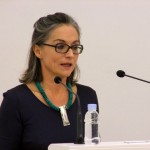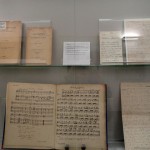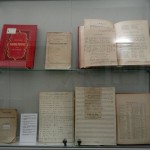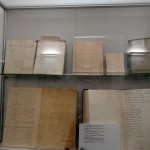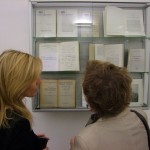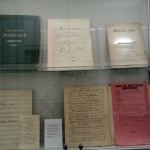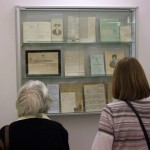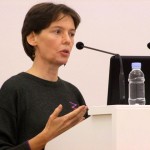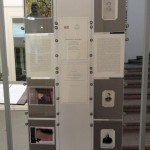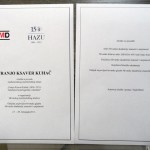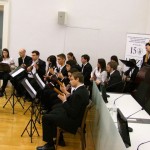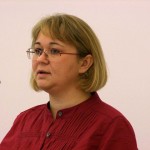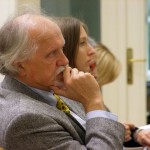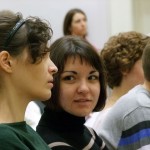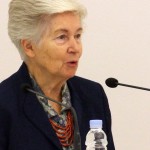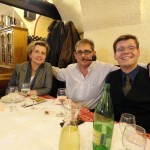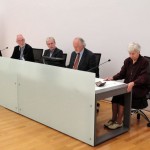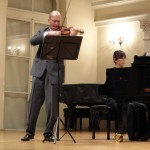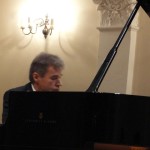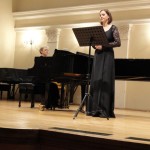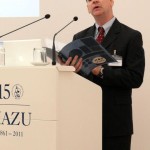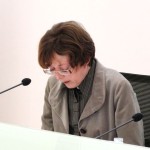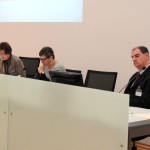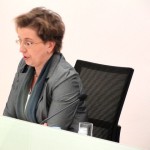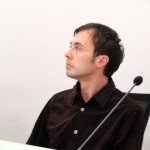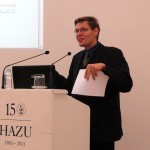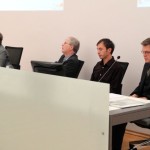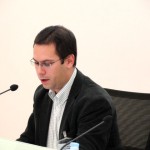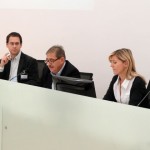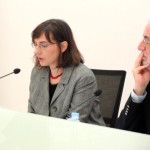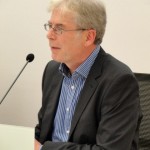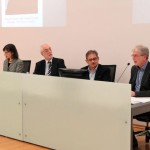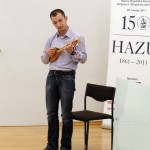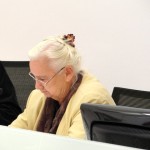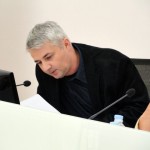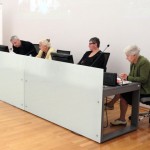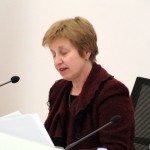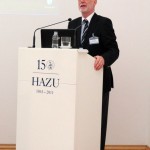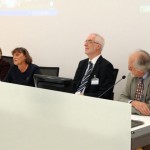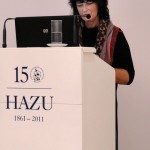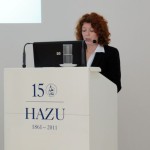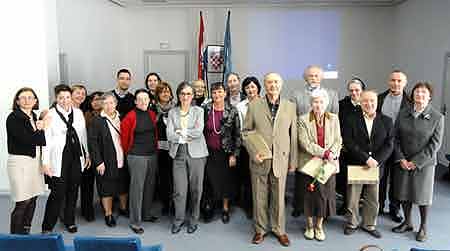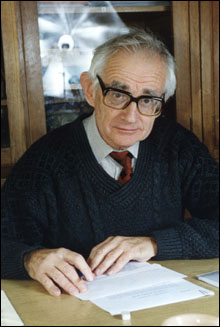POZIV ZA PRIJAVU PRIOPĆENJA!
MEĐUNARODNI MUZIKOLOŠKI SKUP
TEMA: Ivan Zajc (1832-1914): Glazbene migracije i kulturni transferi u srednjoj Europi i šire u ‘dugom’ 19. stoljeću
MJESTO I DATUM: Zagreb, 16-18. listopada 2014. u palači HAZU, Zrinjski trg 11
PLENARNI PREDAVAČI: Richard Taruskin (Berkeley), Stanislav Tuksar (Zagreb), Harry White (Dublin)
ORGANIZATORI: Hrvatsko muzikološko društvo i Odsjek za povijest hrvatske glazbe Zavoda za povijest hrvatske književnosti, kazališta i glazbe Hrvatske akademije znanosti i umjetnosti
Skup se organizira prigodom obilježavanja 100. obljetnice smrti Ivana pl. Zajca (1832-1914), središnje ličnosti hrvatske glazbe u posljednjoj trećini 19. stoljeća.
Zajc se školovao u Rijeci i na Konzervatoriju u Milanu (1850-1855). Djelovao je kao nastavnik i dirigent u Rijeci (1855-1862), kao skladatelj opereta, pedagog i dirigent u Beču (1862-1870) te kao ravnatelj Opere HNK, ravnatelj i nastavnik na školi HGZ-a u Zagrebu (1870-1914). Ostavio je opus od preko 1100 skladbi na vrlo različitim područjima umjetničke glazbe. Skladao je crkvenu glazbu (19 misa, 50-ak duhovnih i svjetovnih oratorija i kantata), popijevke (oko 170 na hrvatske, talijanske i njemačke tekstove), oko 300 zborova, oko 80 orkestralnih djela, oko 100 komornih i klavirskih djela, no najznačajniji je kao autor skladbi za glazbenu scenu: 19 opera, 26 opereta i 22 scenske glazbe.
TEMATSKA PODRUČJA
Prvo tematsko težište skupa je život, djelo i značenje Ivana pl. Zajca. Pritom su dobrodošli prilozi koji se bave analizom i odrednicama njegova cjelokupnog skladateljskog opusa, te razmjerima i dometima njegova djelovanja unutar hrvatskog nacionalnog pokreta kao primjerice autora mitsko-povijesno operne trilogije (Mislav, Ban Leget, Nikola Šubić Zrinjski) i drugih važnih glazbeno-scenskih djela, kao organizatora profesionalnog opernog ansambla i kao inovatora nastave glazbe u školi Hrvatskog glazbenog zavoda. Jednako su dobrodošli prilozi koji se bave Zajčevim djelom i djelovanjem u kontekstu njegova vremena te užeg nacionalnog i šireg srednjoeuropskog prostora.
Drugo tematsko težište skupa je fenomen glazbenih migracija kako ga je svojim životnim itinerom (Rijeka-Milano-Rijeka-Beč-Zagreb) oprimjerio i Zajc. Glazbene migracije obuhvaćaju privremene i trajne selidbe i naseljavanja glazbenika (skladatelja, izvođača, muzikologa i glazbenih pisaca, graditelja glazbala, i dr.), izmještanja i premještanja glazbenih artefakata (note, knjige o glazbi, glazbala, dokumentacija, i dr.) i ideja o glazbi (školovanja, osobni susreti, korespondencija, stilski i žanrovski utjecaji, i dr.) iz zavičajnog mjesta ili mjesta nastanka na druge lokacije unutar i/ili izvan lokalnih, regionalnih i/ili nacionalnih okvira. U konkretnom slučaju Zajca ove su migracijske pojave uže locirane na područje srednje Europe, ali, na primjer, upravo sporadični slučajevi prisutnosti njegovih skladbi u glazbenoj praksi od SAD-a do Japana, u 19. i 20. stoljeću, proširuju mogućnost proučavanja, sagledavanja i vrednovanja ovog tematskog aspekta i izvan Zajčevih užih geografskih i vremenskih okvira i zadanosti.
Treće tematsko težište je problematika kulturnih transfera na području glazbe i s njom u vezu dovedenih drugih područja umjetnosti i kulture (književnost, kazalište, likovne umjetnosti, i dr.) kao glavne društveno-kulturne posljedice migracijskih procesa. Kako u današnjim vremenima intenziviranja kulturnih interakcija u globalnim razmjerima, tako – različitim načinima i metodama, s drugim akcentuacijama i u drukčijim oblicima realizacije – i u razdoblju Zajčeva života u drugoj polovici 19. i početkom 20. stoljeća, te kasnije, glazbeno-kulturni transferi obuhvaćaju dotok i protok informacija o općim i pojedinačnim umjetničkim pojavama i artefaktima, njihovo prihvaćanje, utjecaj i preuzimanje, ignoriranje ili odbacivanje. U Zajčevu slučaju koloplet takvih pojava tvore međusobno prožimajući utjecaji verdijanske operne koncepcije, bečke operetne scene, pomodnog koketiranja s orijentalizmima, uvažavanja ideje domoljubnog i nacionalnog, konkretnih društvenih djelatnosti na područjima glazbenog školstva, izgradnje institucija poput nacionalne opere, podupiranja glazbenog amaterizma, i dr.
S obzirom na činjenicu da se Zajčev životni put i kraj tzv. belle époque podudaraju svojim završetcima 1914. godine, vremenska odrednica je okvirno zadana kao kraj tzv. dugog 19. stoljeća, ali se u proučavanju i predstavljanju drugog i trećeg tematskog težišta ne postavljaju nikakva unaprijed zadana vremenska, prostorna ili kultorološka ograničenja.
PRIJAVA PRIJEDLOGA PRIOPĆENJA I ROKOVI
Prijedlozi se šalju pismeno ili elektronički do 15. 11. 2013. sa sažetkom na hrvatskom ili engleskom (300-400 riječi) na:
Hrvatsko muzikološko društvo, Opatička 18, 10000 Zagreb
Website adresa: www.hmd-music.hr
Popis sudionika objavit će se do 31. 12. 2013.
Određen broj sudionika iz zemlje i inozemstva bit će pozvan ad personam (do 20). Broj slobodnih priopćenja (free-papers) ograničen je.
JEZICI
Službeni jezici skupa su hrvatski i engleski.
KOTIZACIJA I UVJETI BORAVKA
Samo pozvanim sudionicima skupa izvan Zagreba organizatori osiguravaju boravak i smještaj. Pozvani sudionici ne uplaćuju kotizaciju.
Sudionici sa slobodnim priopćenjima izvan Zagreba sami snose troškove boravka i smještaja, te uplaćuju kotizaciju od 70 Eura ili protuvrijednost u HRK.
Od svih sudionika očekuje se podmirenje troškova puta do i iz Zagreba.
ORGANIZACIJSKI ODBOR SKUPA
Dr. Vjera Katalinić, Odsjek za povijest hrvatske glazbe HAZU
Akademkinja Koraljka Kos, Hrvatska akademija znanosti i umjetnosti
Dr. Sanja-Majer-Bobetko, Odsjek za povijest hrvatske glazbe HAZU
Dr. Nada Bezić, Hrvatski glazbeni zavod, Zagreb
Akademik Stanislav Tuksar, Odsjek za muzikologiju Muzičke akademije u Zagrebu
ZBORNIK
Nakon održavanja skupa predviđeno je objavljivanje višejezičnog zbornika radova.
KONTAKTI
Dopisi, prijave i ostali kontakti mogu se slati na službenu adresu ili website Hrvatskog muzikološkog društva, te na pojedine članove Organizacijskog odbora skupa.




